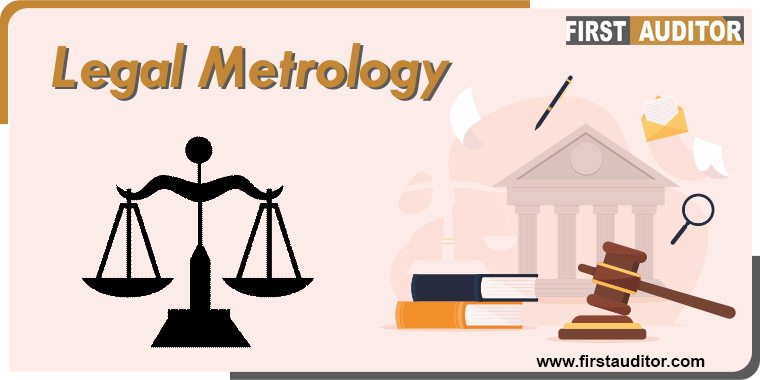We sometimes take measurements for granted and may not even think about them because they are so ingrained in our daily lives. For instance, we monitor our driving speed to ensure that we ride safely and so reduce traffic accidents. We go through medical testing to verify our safety. We employ the passing of time to keep appointments, and satellite positioning devices to pinpoint our exact location. We use measured-priced energy, gas, and water; we buy meat, fish, vegetables, and fruit by weight; we fill our cars with measured-priced fuel; we have our automobiles tested to gauge the levels of exhaust pollutants; and soon.
Minor errors usually balance out in either direction over a large number of measurements. However, biassed errors may result in major financial discrimination. For example, erroneous oil measurements at any of the several points of sale from the oil well to the ultimate consumer may have serious economic repercussions.The Pini Anugaa Vidhi medical system prioritises disease prevention over disease treatment.
Another example of the importance of calculation is how incorrect radiation dosages in the treatment of cancer may have a serious influence on our health.Regulation of measurements and measuring tools is required in all of these circumstances, as well as when both the buyer and the seller in a business transaction need to be protected or when measurements are used to impose a penalty. Almost all nations have such assurance because they include metrology into their laws; therefore, the term "legal metrology."

The Legal Metrology Act regulates the measurement and weighing instruments used in trade and commerce to ensure accuracy and protect consumer interests. It aims to standardize weights and measures across the country.
Businesses that manufacture, import, or sell weighing and measuring instruments must register under the Legal Metrology Act. This includes companies involved in packaging and selling goods based on weight or measurement.
Documents typically required include proof of business registration, details of measuring instruments, copies of relevant licenses, and identification documents of the authorized signatory.
The registration process under the Legal Metrology Act may take anywhere from a few days to several weeks, depending on the completeness of the application and the volume of applications being processed by the authority.
Non-compliance with the Legal Metrology Act can lead to penalties, including fines, confiscation of measuring instruments, and potential imprisonment for serious violations. It is essential to comply with the regulations to avoid such penalties.
To renew your registration, you must submit a renewal application along with the required documents and fees before the expiration date. Ensure all information is accurate and up-to-date to avoid delays in processing.